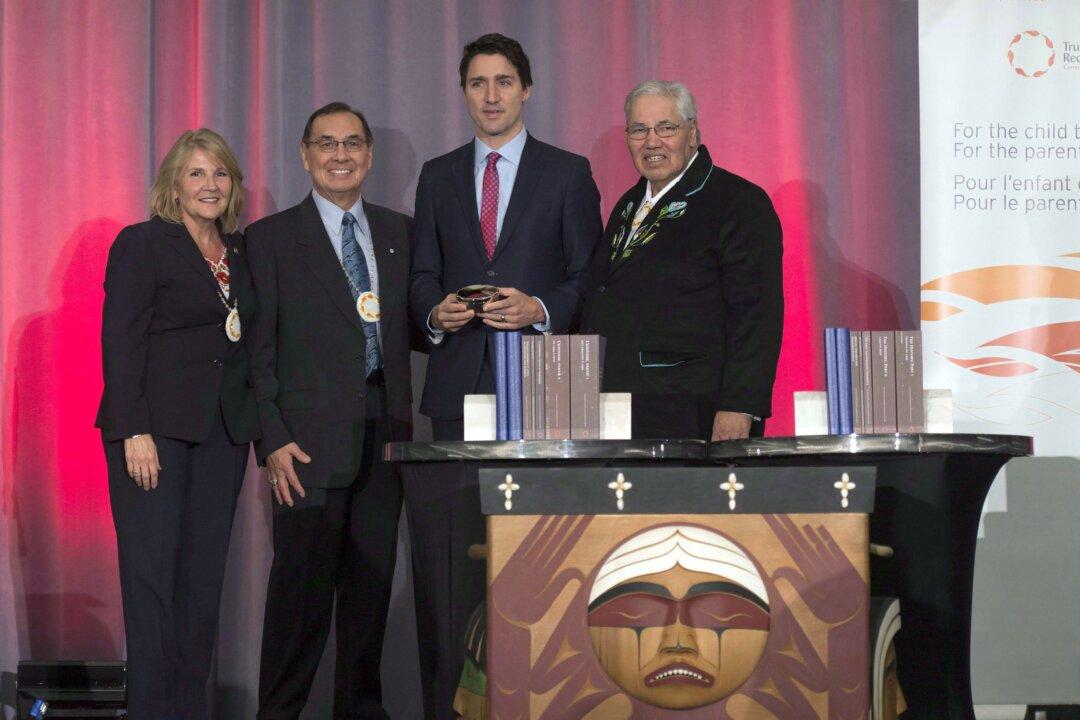Commentary
The Yellowhead Institute, an indigenous think tank at Toronto Metropolitan University, has given up on monitoring the implementation of the 94 recommendations—Calls to Action—in the Truth and Reconciliation Commission (TRC) report. These recommendations are what the TRC thinks are needed to bring about reconciliation between indigenous people and other Canadians. After five years, the institute realized that continuing to check on the implementation of these recommendations is pointless.





